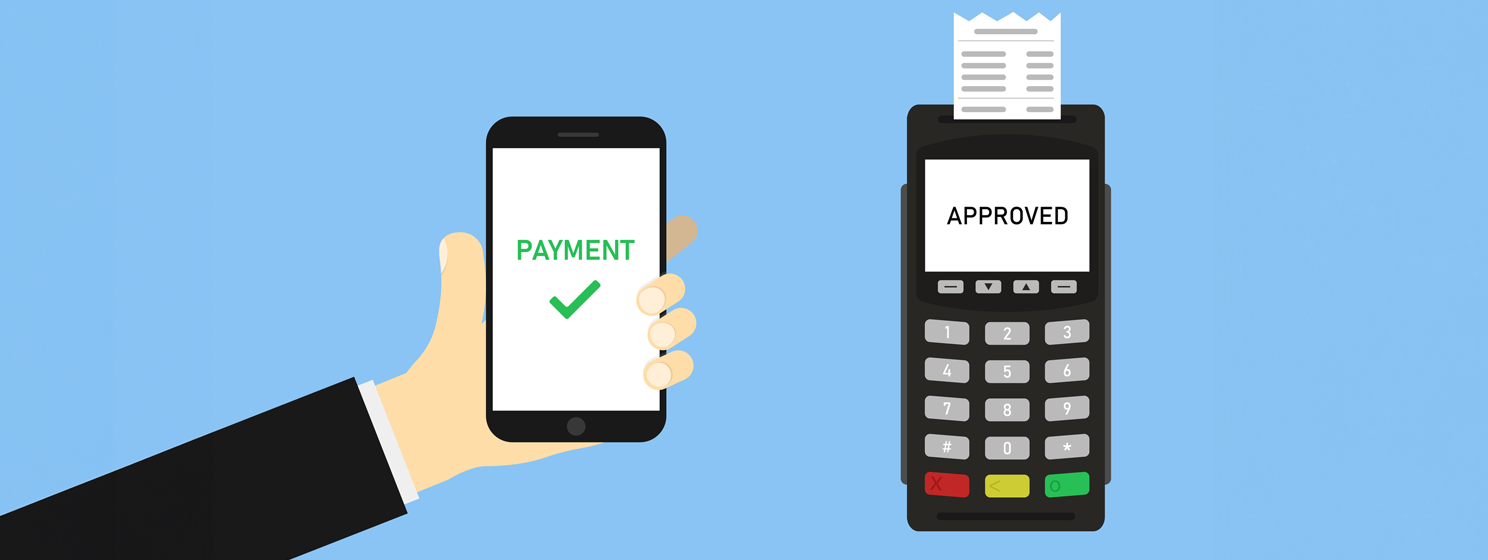|
Getting your Trinity Audio player ready...
|
China’s masses appear far less enamored with the country’s central bank digital currency (CBDC) than they are with the illicit use of unauthorized digital assets.
On May 13, the South China Morning Post reported that mainland Chinese who are receiving some or all of their salary in the country’s digital yuan (e-CNY) are immediately converting it to real yuan. The report focused on individuals working directly for the government or for state-owned enterprises, making their reluctance to embrace e-CNY all the more embarrassing for the Party and its efforts to promote the product.
The SCMP detailed the story of Sammy Lin, an account manager at a state-owned bank who receives her entire monthly salary via the e-CNY app. From there, the digital yuan can be transferred to her bank account and converted to cash, an option that she takes every time without hesitation.
Lin said she prefers not to keep the money in the e-CNY app “because there’s no interest if I leave it there. There are also not so many places, online or offline, where I can use the e-yuan.”
Lin added that she wasn’t so much bothered by the government’s ability to track every e-CNY transaction she makes given the widespread use of online payments via apps such as Alipay and WeChat Pay, but she recognizes that “there are people who are concerned about this.”
Chinese authorities insist that monitoring is only a concern with large transactions, as the digital yuan can be used for small transactions with minimal oversight. However, while telecom operators are prohibited from sharing transaction data with third parties, the state is all-powerful and can demand such information with little to no pushback.
Another government employee, Albert Wang, told the SCMP that he receives a small portion of his monthly salary in e-CNY but his fellow civil servant wife receives her entire paycheck in the currency. Like Lin, she also immediately converts the funds to cash “because she can’t deposit the money or buy financial products with the e-CNY wallet.”
Wang compared the e-CNY unfavorably to Alipay and WeChat Pay, which are accepted nearly everywhere to pay for goods and services. “The disadvantages are obvious as [e-CNY] is not accepted in all shops and serves merely as a payment tool.”
A Beijing-based economist who requested anonymity in order to comment frankly said the mainstream payment apps are an unintended obstacle to greater e-CNY adoption. “They can’t possibly be replaced by a new thing, unless it’s a disruptive innovation.”
China’s digital yuan has already proved ‘disruptive’ enough for certain sectors of the population that aren’t so digitally savvy. Over the past few months, Chinese authorities have issued guidelines to retail merchants to ensure elderly citizens can continue to make payments using paper yuan.
A similar push is on to ensure accommodations for foreign tourists who wish to transact using foreign credit/debit cards. That said, China recently released a guide to all things e-CNY for foreign tourists in the hope that they’ll choose the alleged convenience of the CBDC during their stay.
As of last July, transactions in e-CNY had topped $250 billion, according to People’s Bank of China officials. This is despite the fact that the e-CNY is still being tested on a regional basis to work out any kinks ahead of a national launch (for which there remains no formal timeline).
Nigeria struggles, Rwanda considers, US attacks
While China presses on with its CBDC plans, other countries are battling similar trepidation on the part of retail users.
In Nigeria, the first African nation to launch a CBDC, the eNaira has been around for nearly three years but a new report prepared by the International Monetary Fund (IMF) notes that the eNaira has to date accounted for only N29.3 billion (US$20.3 million) worth of transactions. By comparison, the total value of all electronic transactions in Nigeria was N237 trillion in just the first three months of this year.
Only 13 million eNaira wallets have been created—out of a total population of 226.5 million—and most of these wallets are inactive. While this paltry uptake can be partly blamed on the requirement to have a bank account—Nigeria’s central bank is establishing a smartphone-access pilot program to resolve this issue—the IMF notes that many potential eNaira users are deterred by concerns over data privacy.
There are other issues challenging eNaira adoption. An anonymous source told Business Day that the banks had “frustrated” the CBDC rollout “because it did not give them room to make a profit.” That may change given that a new Nigerian CBDC called cNGN will be ‘created and managed by tier-one banks.’
Despite Nigeria’s frustrations, the National Bank of Rwanda continues to ponder the possible benefits of its own CBDC. A new feasibility study that was launched in September 2022 has identified both opportunities and challenges, with the latter primarily focused on how the public, financial service providers and merchants will react to a CBDC’s introduction.
The National Bank has been toying with this idea for FOUR YEARS now, so no one can say they’re rushing in blindly. They’ve even launched a new public consultation to both educate citizens and garner feedback on the public’s view of these technological wonders. At the rate this is going, chances are the National Bank will still be discussing this issue four years hence.
In the United States, the response to CBDC has been a mix of modest public support and outright hostility. The subtlety-free CBDC Anti-Surveillance State Act introduced by Rep. Tom Emmer (R-MN) may come up for a floor vote in the House of Representatives the week of May 20. Emmer clearly doesn’t accept Federal Reserve chair Jerome Powell’s insistence that he has no concrete CBDC plans because, well, that’s what a duplicitous CBDC surveillance advocate would say, wouldn’t they?
Not so private after all
Getting back to China, while e-CNY adoption may be proving tougher than the authorities originally anticipated, the illicit use of unauthorized digital assets shows no signs of letting up. On May 10, Chinese media reported that authorities in Jilin Province’s Panshi City had disrupted an illegal underground bank that handled over RMB2.14 billion (US$296 million) in virtual currency transactions.
The business reportedly focused on transactions between mainland Chinese and their counterparts in South Korea (some of whom apparently didn’t always receive the funds they expected). In response to some unspecified ‘clues,’ police discovered that two of the ring members’ bank account transactions were “huge, with frequent and uneven daily inflows and outflows of funds, and numerous trading customers.”
After monitoring the pair’s transactions long enough to establish patterns that revealed other participants in the operation, police arrested six individuals and seized bank cards and other tools of their trade.
You know, it’s almost as if the gang’s fiat transactions were somehow visible to the very people they were trying to hide them from. If only there was some way of avoiding that.
To learn more about central bank digital currencies and some of the design decisions that need to be considered when creating and launching it, read nChain’s CBDC playbook.
Watch: The state of play and what’s to come with CBDCs

 03-03-2026
03-03-2026 




